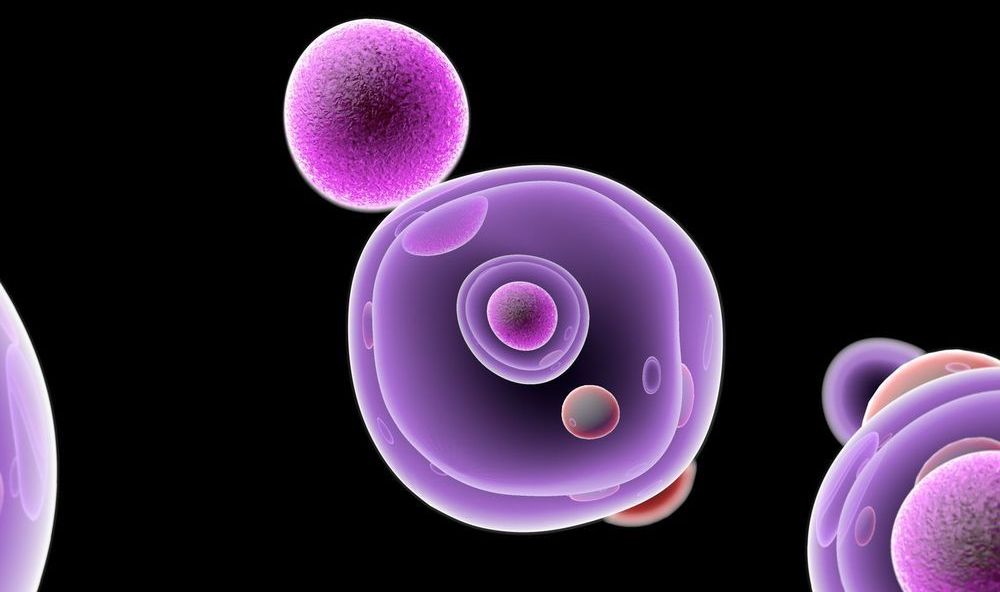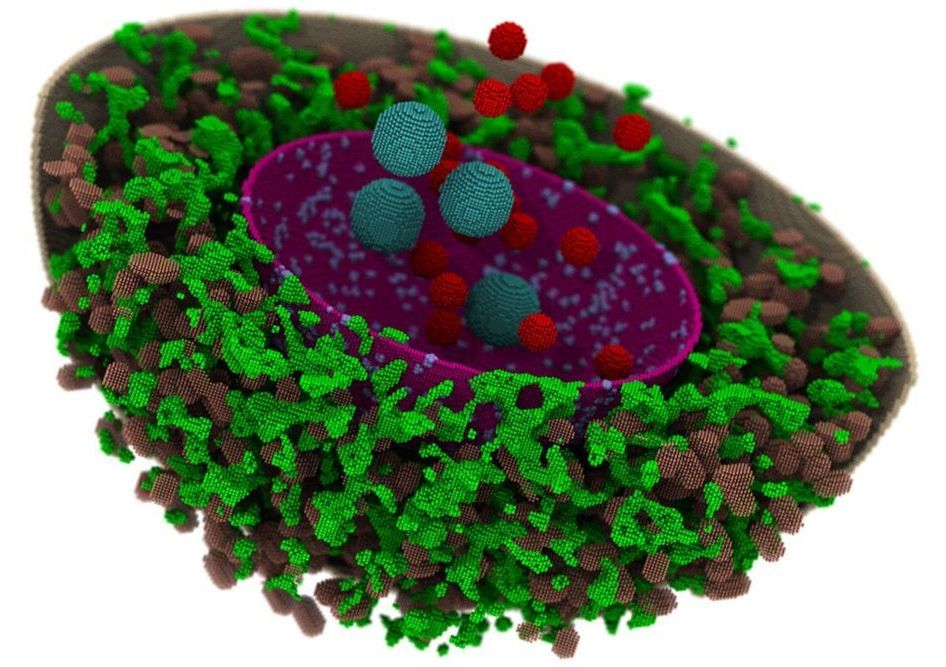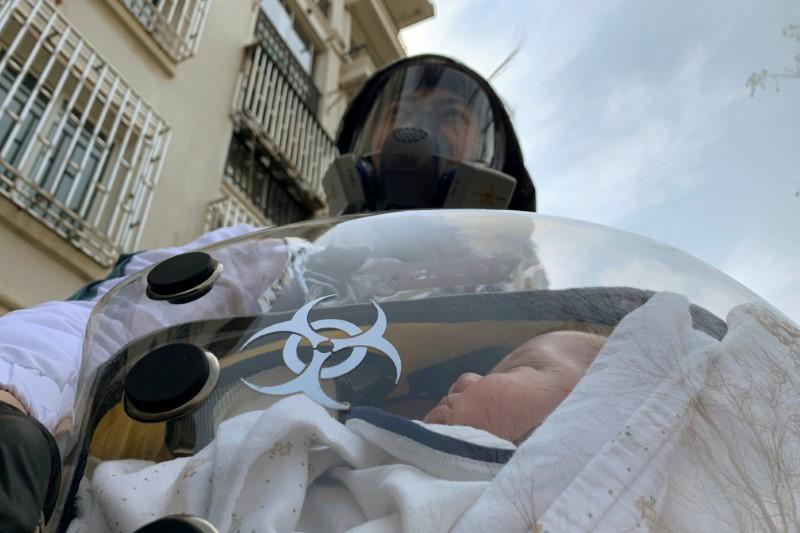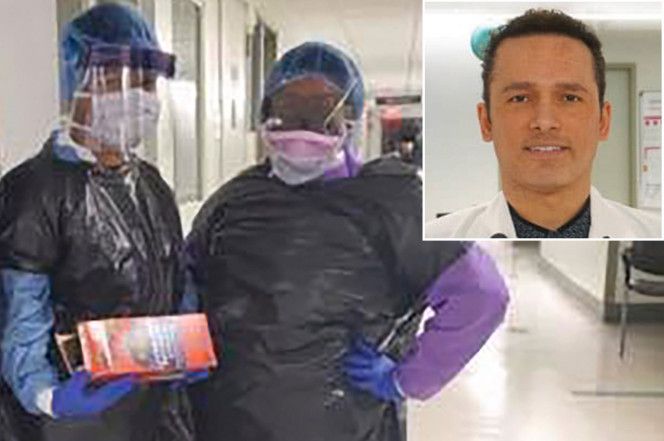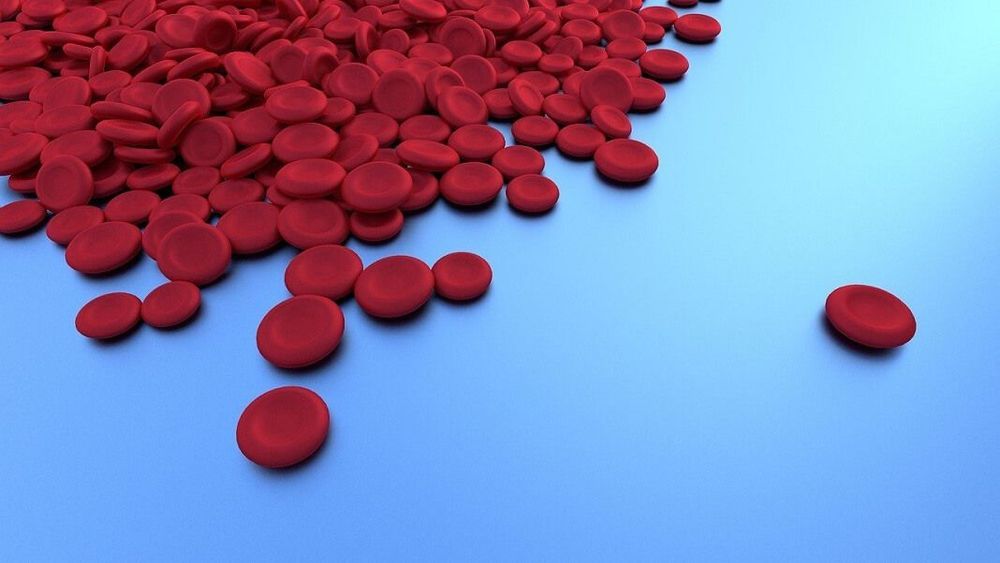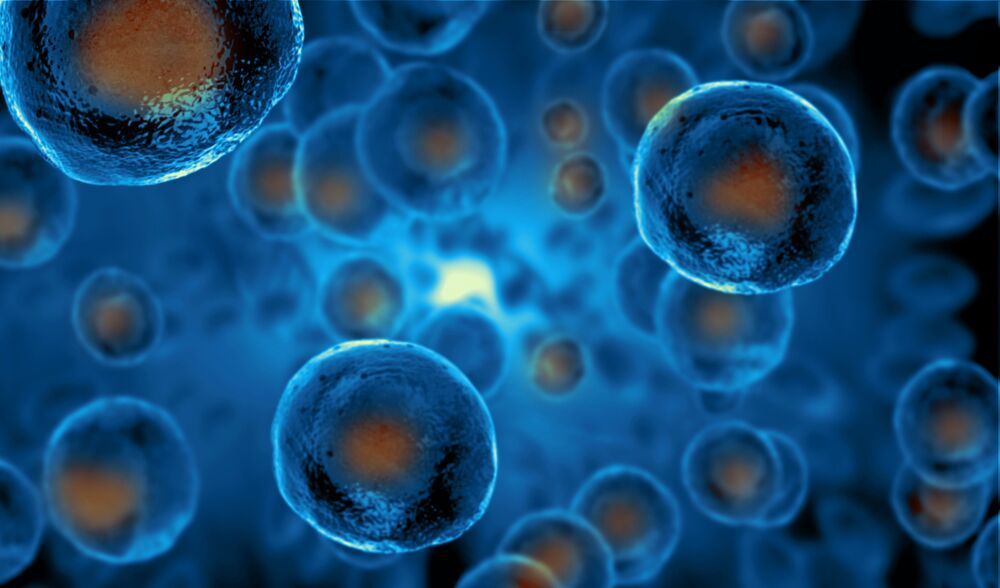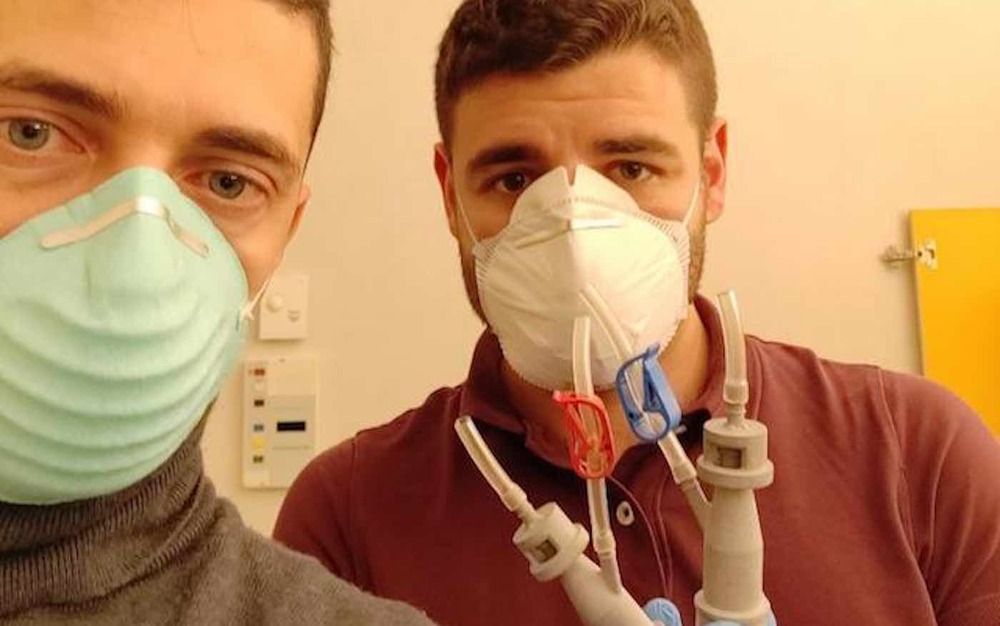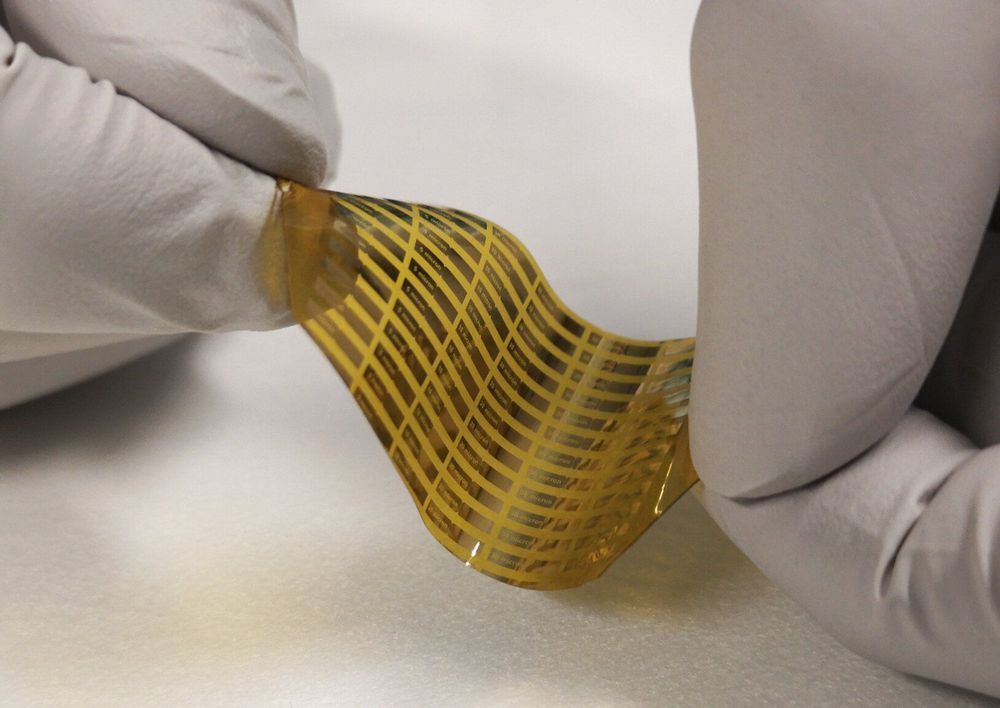O,.,o.
Stanford scientists may have found a way to essentially return older cells to a more youthful state. The adult cells are treated with a mix of proteins from early embryonic development, which removes many of the molecular signs of aging. The cells closely resembled younger ones, and in mouse tests, older animals regained the muscle strength of youth.
Stem cells have the remarkable ability to differentiate into basically any other type of cell in the body. That’s not only important for healthy development of embryos, but it opens an intriguing possible treatment for replenishing lost cells to repair damage to organs and tissues.
Induced pluripotent stem cells (iPS cells) are an emerging method for this kind of treatment. Scientists first take samples of a patient’s adult cells, often from the skin, and then expose them to what are known as Yamanaka proteins. These essentially rewind the cells’ clocks back to an embryonic state, where they’re once again ready to become whatever specialized cells are currently needed.
